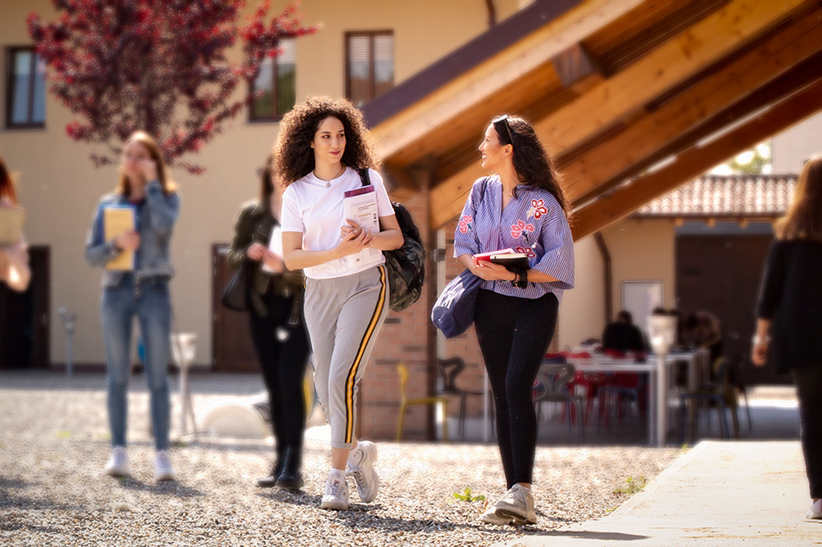
Department of Business, Law, Economics and Consumer Behaviour "Carlo A. Ricciardi"
Vice Director Professor Antonella Sau
The “Carlo A. Ricciardi” Department of Business, Law, Economics and Consumer Behaviour is funded by IULM University as part of the University Research Plan. It carries out studies and research - also commissioned by public and private entities - on specific issues and participates in European and international research projects.
In line with its interdisciplinary character, the Department promotes the integration of expertise from the business, legal and economic disciplines to contribute to advancing studies and scientific research in these areas; this guarantees their social impact from the perspective of the Third Mission. In this way, a scientific and cultural path involving different disciplines - from philosophy, psychology and sociology to law, economics and business, communication to marketing - focuses on the collaboration and comparison between the different souls that make it up.
The Department has formally defined its own strategy, in line with the University's strategic planning and considering its development potential in the Department's Programme Document 2022-2024 and the Department's Programme Document 2019-2021.
You can find the Departmental programmatic document 2022-2024 here.
The teachers in the Department dialogue and cooperate on cross-cutting issues, both national and international, such as communication and technological innovation, something which increasingly characterises its operational dynamics, thanks also to the activities of the seven Research Centres of th Department.
- Centro per la Comunicazione Strategica – CECOMS - Centre for Strategic Communication
- Centro di Ricerca di Neuromarketing Behavior and Brain Lab - Centre for Neuromarketing Behavior and Brain Lab Research
- Centre for Employee Relations & Communication – CERC
- Centro di Ricerca sul Marketing e la Comunicazione di Vendita per i Mercati Internazionali – CIMASC - Centre for Research on Marketing and Sales Communication for International Markets
- Osservatorio Retail Brand Communication - Retail Brand Communication Observatory
- Osservatorio sulla Comunicazione Pubblica, Public Branding e Trasformazione digitale - Observatory on Public Communication, Public Branding and Digital Transformation
- IULM Wine Institute - IWI
In the Research Centres’ and Observatories’ work, four prevailing subject areas have been identified, which are also reflected in the Third Mission activities:
- Corporate Welfare and Worker Engagement: this subject area includes projects aimed at improving the quality of work and worker engagement.
- Communication and Sustainability: this category includes projects that combine communication with sustainability and sustainable development goals.
- Territorial Development: this area covers projects that seek to understand and promote specific geographical areas' economic, social and cultural development.
- Knowledge Transfer: this area focuses on transferring knowledge generated within the University to the outside world.
The Department is divided into Sections representing the scientific knowledge that characterises its disciplinary makeup:
Economics and Business Organisation Section
Marketing and Communication Section
Economics and Law Section
Behaviour and Consumption Section
Within the Department, the Departmental Council operates as an advisory and supporting body for departmental activities.

Projects
